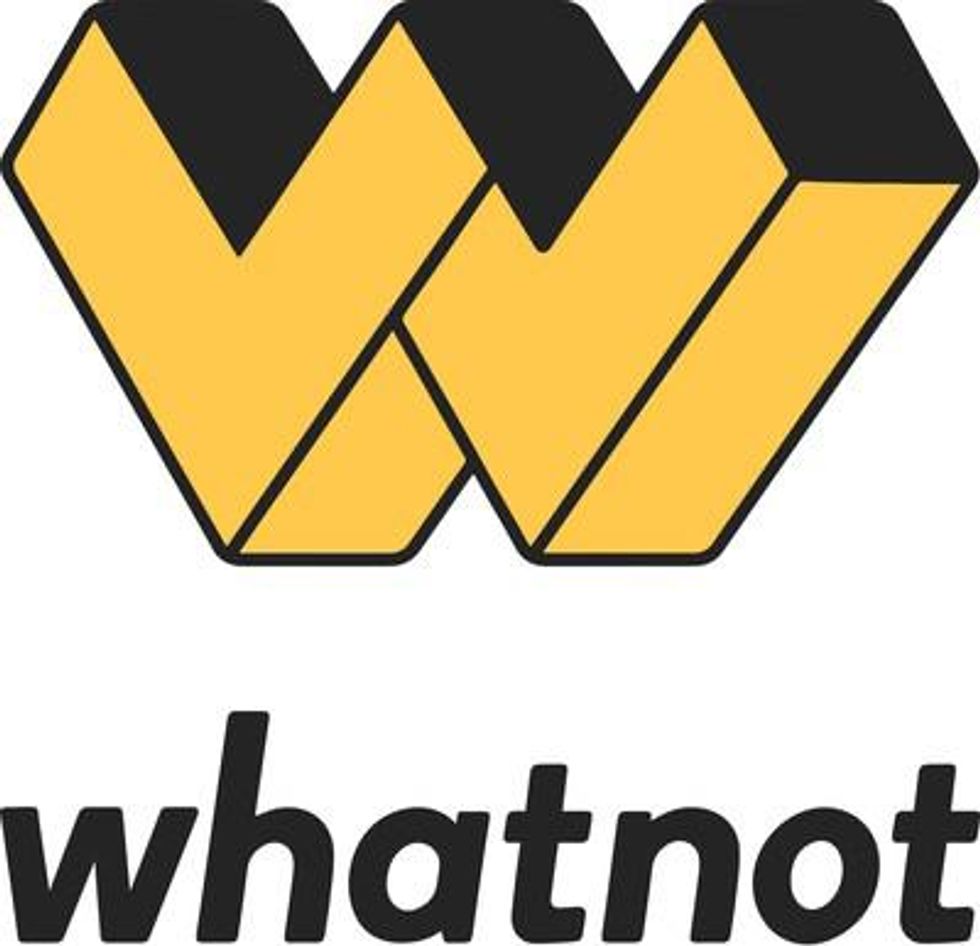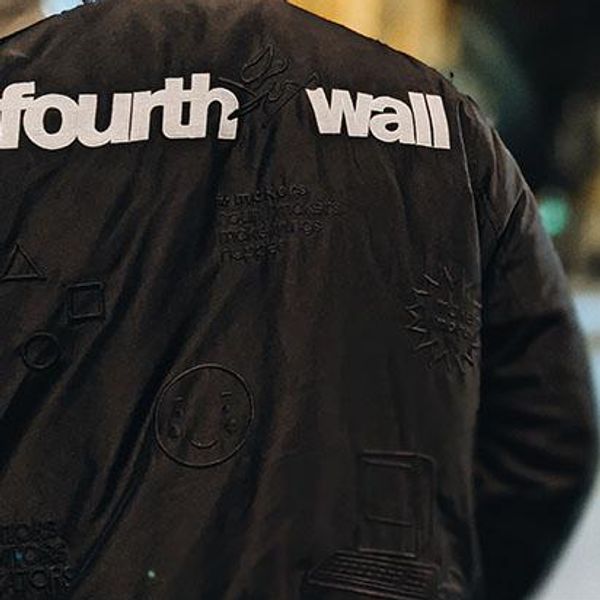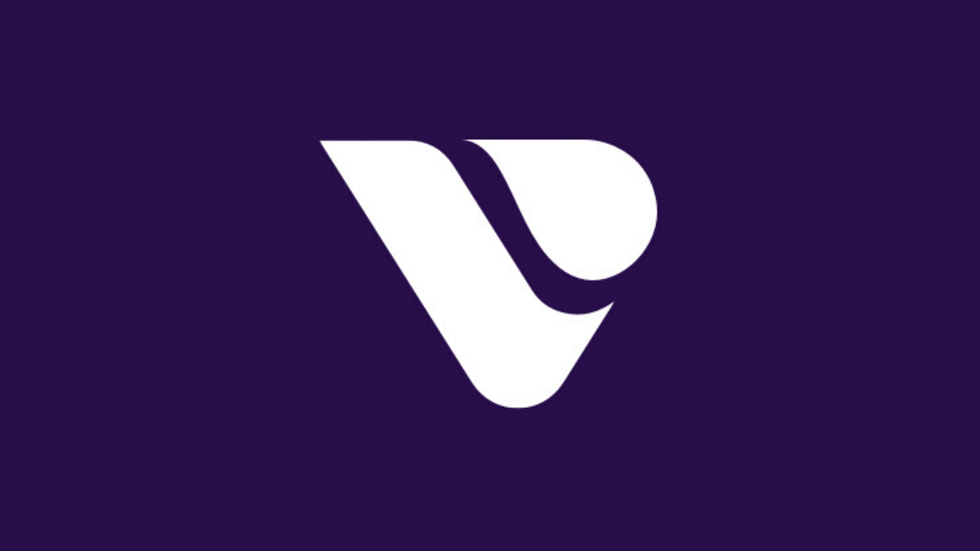Here Are the LA Seed Startups Top VCs Wish They'd Invested In
Ben Bergman is the newsroom's senior finance reporter. Previously he was a senior business reporter and host at KPCC, a senior producer at Gimlet Media, a producer at NPR's Morning Edition, and produced two investigative documentaries for KCET. He has been a frequent on-air contributor to business coverage on NPR and Marketplace and has written for The New York Times and Columbia Journalism Review. Ben was a 2017-2018 Knight-Bagehot Fellow in Economic and Business Journalism at Columbia Business School. In his free time, he enjoys skiing, playing poker, and cheering on The Seattle Seahawks.

Los Angeles is home to around 5,000 startups, the majority of which are in their young, formative years.
Which of those thousands are poised for a breakout in 2021? We asked dozens of L.A.'s top VCs to weigh in. We wanted to know which companies they would have invested in if they could go back and do it all over again.
Yesterday, our investors picked their favorite Series-A or later startups, and not surprisingly there was more consensus, with familiar names like PopShop Live and Scopely leading the way.
But the most lucrative returns come from identifying companies in their infancy, as recent blockbuster IPOs vividly demonstrate. For instance, Sequoia's $600,000 seed check to Airbnb in 2009 accounted for 70% of its shares in the company and helped it get into competitive later rounds. When the vacation rental service went public last month, Sequoia's stake was worth $4.8 billion.
What will be the next breakout? The complete list is below and is ranked in random order except for the first three, which stood out by virtue of getting multiple votes: Pipe enables companies with recurring revenues to tap into their deferred cash flows with an instant cash advance. Clash App, Inc., is a TikTok alternative launched by a former employee of the social network in August. And XCLAIM allows bankruptcy claims to be digitally traded.
Boiling

Pipe
Pipe provides financial services to help cloud service companies tap into their deferred cash flows, allowing them to continue growing without taking on debt or giving up ownership. For subscription-based businesses, this makes it "as if all of your customers converted to annual plans overnight," according to the company.
Founded by Harry Hurst, Josh Mangel and Zain Allarakhia, the company raised $66 million of seed funding earlier this year in a deal led by Craft Ventures and Fin Venture Capital.

Clash App Inc.
Created by former Vine-r Brendon McNerney and entrepreneur and marketing expert P.J. Leimgruber, Clash App is a short form video platform similar to TikTok, but without built-in sound libraries. It's geared toward empowering creators with innovative monetization options and inclusive communities.

XCLAIM
XCLAIM has created an electronic platform where bankruptcy claims that take a notoriously long time to process can be digitally traded. Founded in 2018 by Matthew Sedigh, who has operated in the corporate restructuring field for more than a decade, the company says "rather than wait years for the bankruptcy court process to issue payment distributions, creditors can now access immediate liquidity by selling their claim to interested buyers." Earlier this year, it raised a $4 million seed round led from Luma Launch, First Round Capital and Freestyle Capital.
Simmering

Freck Beauty
Freck Beauty manufactures beauty products intended to make the user feel seen. Remi Brixton, the company's chief executive officer, founded the startup in 2015 when she was in search of a freckle makeup product. When she couldn't find one, she launched her own, the FRECK OG. The East Los Angeles-based company raised an undisclosed amount of seed funding in a deal led by KarpReilly and Stage 1 Fund earlier this year.

The Skills
The Skills wants to be the master class on sports and life. The Los Angeles-based startup launched two months ago and offers classes from gold medal Olympians — including swimmer Michael Phelps and volleyball player Kerri Walsh Jennings — and Grand Slam tennis Champion Maria Sharapova. In December, it closed a $5 million seed round backed by Boston-based Will Ventures, Global Founders Capital, 8VC, Maveron, Hack VC and Correlation VC.

Mapped
Founded by Shaun Cooley, former chief technology officer of Cisco's Internet-of-Things (IoT) and Industries division, Mapped provides IoT services in El Segundo.
The company raised $3 million of seed funding in a deal led by Greycroft earlier this year, putting its pre-money valuation at $9 million.

DataPlor
Created in 2016 by Geoffrey Michener, Dataplor indexes micro-businesses in Mexico (and will soon be expanding to other countries in Central and South America) and sells the data to larger companies.The company relies on contractors in those countries to collect the information from local businesses. It raised $4 million from ff Venture Capital, Quest Venture Partners and Space Capital earlier this year and expects to use it to expand into more Latin American countries.

Grow Credit
Launched by serial entrepreneur Joe Bayen, Grow Credit helps customers improve their credit score by providing credit for subscription services like Netflix and Spotify. Their MasterCard can help consumers with thin or damaged credit scores and the small line of credit can be upgraded for a fee. The company closed a $2 million seed round earlier this year with participation from Mucker Labs.

Outer
The two-year-old Santa Monica-based company has seen business boom during the pandemic as retail stores shut down and online orders surged. The direct-to-consumer outdoor furniture brand uses backyards as showrooms and raised $4.3 million in a seed round earlier this year led by Mucker Capital. Founded by Jake Liu and Terry Lin, a former designer at Pottery Barn, Outer aims to appeal to Restoration Hardware and Pottery Barn shoppers.

WhatNot
A livestreaming reseller of collectibles like FunkoPop vinyl figurines, Pokémon cards and sports cards, WhatNot taps into a growing retail trend and promises that the collectibles are verified, much like sneaker reseller GOAT.
The startup secured $4 million in seed funding this month from Scribble Ventures, Wonder Ventures, Operator Partners, Y Combinator, Liquid 2 Ventures, Twenty Two Ventures and other investors. The company plans to use the funds to expand into video games, comics books, designer toys and vintage fashion.

Fourthwall
Fourthwall is the developer of an internet platform that helps content creators launch fully-branded websites focused on interacting with fans. Their website tag phrase is "Make a living doing what you love," which is complemented by their model, which provides creators 100% ownership of their website and brand.
Founded by Walker Williams and Will Baumann, the company has raised $4 million to date, from investors Defy Partners, Lightspeed Venture Partners and Initialized Capital Management.

Shop LatinX
Shop LatinX calls itself the "leading beauty, fashion, and lifestyle ecommerce designed by and made for Latinas." The brainchild of two Los-Angeles-based Latinas, Brittany Chavez and Raquel Garcia launched their website before Black Friday in 2016. It features more than 200 brands.

First Resonance
Founded by former SpaceX software engineer Karan Talati and Neal Sarraf, First Resonance promises to ease the workflow for manufactures with software intended to provide greater visibility into production and test product development lifecycle. The company raised $1.75 million of seed funding last year from Wavemaker Partners, Stage Venture Partners and PLG Ventures, among clothes.

Vurbl
Vurbl offers curated, one-stop-shop of what it calls the best audio on the internet, which can include podcasts but also goes well beyond that from religious sermons to court arguments. The new platform founded by CEO Audra Gold is being built with the $1.3 million pre-seed round Vurbl closed in September led by AlphaEdison with participation from Halogen Ventures and Ten13.

PocketWatch
Former Disney executive Chris Williams founded the studio that produces family-focused content from YouTube stars. This year it launched clock.work, an advertising agency designed to help major brands reach kids. Investors include Viacom, Greycroft, Third Wave Digital and United Talent Agency, along with strategic angels including Robert Downey Jr. and Jon Landau.

PocketList
The app allows renters to see and share apartments that will soon be available before they're listed — reducing the time properties sit vacant and potentially heating up competition among apartment hunters. It launched earlier this year. The company has $2.8 million in seed funding led by David Sacks' Craft Ventures along with Abstract VC, Wonder Ventures and angel investor Spencer Rascoff, co-founder of Zillow and dot.LA.

Quilt
The audio-based social platform promises to be the spot for "live, supportive, feel good conversations—just like hopping on the phone with a friend when you need it most." It lets people start a conversation around any topic or join by listening. Quilt raised an undisclosed amount of venture funding from Freestyle Capital in 2019.

Tonebase
Founded by Abhi Nayar, Chris Garwood and Igor Licthmann, Tonebase provides high-level music education online. Yale School of Music alumnus Garwood and Lichtman told their alma mater that it built with the idea that it was "a way for people everywhere to learn from the very best musicians around the world — individuals who, due to their busy performing and teaching careers, are traditionally accessible to only a select few." The company has raised an undisclosed amount from Launch fund, e.ventures and other undisclosed last May.

Second Spectrum
Launched in 2013 by Jeff Su, Yu-Han Chang and Rajiv Maheswaran, Second Spectrum already has deals with the NBA and English Premier League. This year it scored another one with Major League Soccer to use its optical tracking system to evaluate and analyze performance.
Second Spectrum puts their tracking cameras inside the stadium. Machine learning and AI-powered analytics provide detailed data that helps coaches and others better understand the game from player speed and deceleration to shot velocity in near real time. That technology can also be used on broadcast platforms to give fans more insight. The company raised about $20 million backed by CAA Ventures, Raine Ventures and The Chernin Group in 2018.

Toucan
Founded by CEO Taylor Nieman, Shaun Merritt and Brandon Dietz, Toucan is a Chrome browser extension that lets people learn a new language. It scans websites you visit and translates some words into the language you want to learn. The Santa Monica-based company most recently raised a $3 million round backed by GSV Ventures, Amplifyher Ventures, and Wonder Ventures, among others.

Serve Automation
Created by former SpaceX engineers, Serve Automation aims to change the way foods get delivered. It has secured $7 million in a seed round and is operating in stealth mode.
Lead art by Candice Navi.
- Meet 3 Early Stage Science Startups at First Look's Showcase - dot.LA ›
- What Early Stage Startups Should Be Thinking About COVID-19 ... ›
- First Resonance Lands $3.5M, Looks to Future of Aerospace - dot.LA ›
- Whatnot Joins Livestream Shopping Craze with $20M Boost - dot.LA ›
- Holistic Health App Kenshō Raises $3.5 Million - dot.LA ›
- 2021 Is a Good Year to Be a Young Startups in Los Angeles - dot.LA ›
- Like Etsy, But for Latinos. Shop Latinx Makes a Debut - dot.LA ›
- What to Expect When Breaking Into Tech Startups - dot.LA ›
- Los Anegeles’ Hottest Startups of 2022 - dot.LA ›
- Hot Topic and Toonstar Partner to Bring NFTs Into Stores - dot.LA ›
- Here Are LA’s Hottest Startups for 2023 - dot.LA ›
- Amplify Seed Report Shows Deals Fell 35% In 2022 - dot.LA ›
Ben Bergman is the newsroom's senior finance reporter. Previously he was a senior business reporter and host at KPCC, a senior producer at Gimlet Media, a producer at NPR's Morning Edition, and produced two investigative documentaries for KCET. He has been a frequent on-air contributor to business coverage on NPR and Marketplace and has written for The New York Times and Columbia Journalism Review. Ben was a 2017-2018 Knight-Bagehot Fellow in Economic and Business Journalism at Columbia Business School. In his free time, he enjoys skiing, playing poker, and cheering on The Seattle Seahawks.



 Image Source: Skyryse
Image Source: Skyryse
 Image Source: Northwood Space
Image Source: Northwood Space